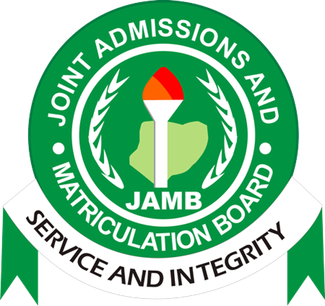Hours after the Joint Admissions and Matriculation Board (JAMB) admitted technical glitch in the just concluded Unified Tertiary Matriculation Examination (UTME), the House of Representatives has provided possible solutions in forthcoming exercise.
The House urged the federal government to establish at least one computer-based testing (CBT) centre in each of Nigeria’s 774 local government areas, to enhance the administration of the UTME.
The recommendation came during Thursday’s plenary session, where the lawmakers said the initiative would help prevent similar issues in future examinations and ensure wider access for candidates across the country.
READ ALSO: JAMB blames technical glitch for poor UTME performance
They also appealed for calm amid mounting concerns over the integrity of the 2025 exercise, after JAMB admitted to multiple lapses.
The Senate had earlier deliberated on a comparable proposal, suggesting that funds be allocated in the 2026 national budget to establish CBT centres in every local government area.
Senator Mohammed Dandutse, who chairs the Senate Committee on Tertiary Institutions and TETFUND, highlighted the pressing need for more CBT infrastructure after overseeing the conduct of the 2025 UTME in parts of the country.
He noted that his own constituency in Katsina South had only two centres serving 11 local government areas.
He stressed that equitable access to university entrance exams required proper digital infrastructure, adding that the Senate and House would collaborate to secure funding for the initiative in the upcoming budget cycle.
Meanwhile, JAMB announced that nearly 380,000 candidates would be required to retake the 2025 UTME after it identified significant errors that undermined the integrity of the examination.
READ ALSO: Mass failure in UTME: ASUU threatens to sue JAMB
At a press conference in Abuja, the JAMB Registrar, Professor Ishaq Oloyede, admitted that technical malfunctions compromised performance in some centres, with 157 out of 887 affected.
The development has drawn sharp criticism from stakeholders, including students and parents, many of whom cited unusually low scores and inconsistencies in questions and grading.



